May 22, 2025
Teaching Financial Responsibility: Pocket Money Insights from Repton Al Barsha
How much pocket money should children receive, and when should they start? On Dubai Eye 103.8’s Eye on Education, Nadiea Mohammed from the Inclusion and Academic Support team at Repton Al Barsha explored how pocket money can be a powerful tool for teaching financial responsibility.
Nadiea suggested that around ages 5–7 is often a good starting point, though the amount and approach should depend on the child’s maturity and the family’s circumstances. She highlighted both traditional cash and digital allowance apps, noting that while digital tools offer convenience and tracking, cash can give younger children a stronger sense of money’s value.
Practical strategies such as the “spend, save, give” method help children learn to budget, set goals, and support charitable causes. Nadiea also addressed the debate on linking pocket money to chores, advising that while optional tasks can help teach earning, essential household responsibilities should not always be transactional.
She encouraged parents to involve children in real-life budgeting experiences—from grocery shopping to planning a birthday party—as a meaningful way to build decision-making and money management skills from an early age.
Watch Nadiea’s full interview below.
